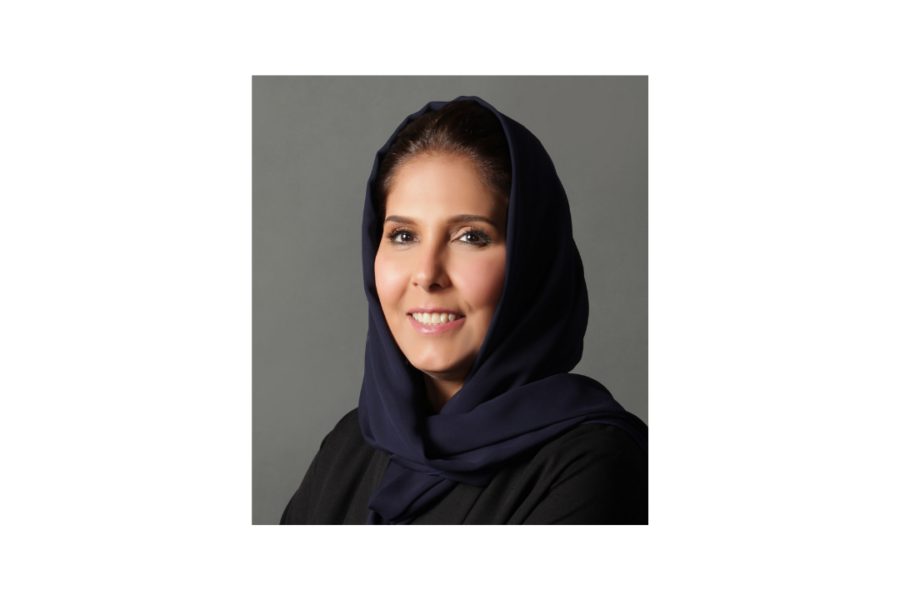Dr. Areej Al-Wabil

Biography:
Areej was a Postdoctoral Fellow in the Ideation Lab in the School of Engineering at MIT. She is an Associate Professor at Alfaisal University. Areej is also the CEO of HCID and Professor at the King Abdulaziz City for Science and Technology (KACST) National Artificial Intelligence Center in Riyadh, Saudi Arabia. Her research focuses on application-driven approaches to Ubiquitous Computing concerning Human-Computer Interaction (HCI), Brain-Computer Interaction (BCI), and Software Engineering in the domain of assistive technologies for people with disabilities and in the context of interaction design for complex systems. She holds a PhD in Computer Science from the Centre for HCI Design in London, MSc in Computer Graphics and Multimedia Design from the George Washington University (GWU), and MEM in Software Engineering and Information Systems Management from the School of Engineering and Applied Sciences at GWU.
Prior to joining MIT's Ideation Lab in Sep 2015, she held the position of Vice Dean for Academic Affairs in Prince Sultan University (PSU). From 2011 to 2014, she was the Vice Chair of the Software Engineering Department in the College of Computer and Information Sciences at King Saud University (KSU) in Riyadh, Saudi Arabia. In 2010, she established the Software and Knowledge Engineering Research Group (SKERG) in King Saud University, and served as the coordinator of the research group and the director of the affiliated HCI Lab until August 2015. She was also a Research Associate in the School of Medicine at the University of Texas UT-Houston's Medical Center in 2000-2002 working on the NIH-funded project for Brain Attack Surveillance in Corpus Christi (BASIC ), and an Honorary Research Fellow at the School of Engineering and Digital Arts in 2012 at the University of Kent in England working on an NHS-funded project investigating Brain-Computer Interaction for people with disabilities.
Areej is passionate about public engagement in scientific research and education, promoting the understanding and appreciation of science, and the involvement of youth in science, engineering and technology. She has served on Mawhiba Foundation's Scientific Research Committee of the national Olympiad for Scientific Research (Ibda'a) since 2012, and has been involved in mentoring Saudi Arabia's national teams participating in regional and international science and technology fairs and competitions. In 2010, she was awarded an IEEE Foundation grant for promoting computing and information technology disciplines for female students in K-12 schools, an outreach program conducted in coordination with the Ministry of Education. In her leadership roles in KSU and PSU, she was engaged in academic initiatives and alliances with industry including IBM, Microsoft and SAP. In 2015, she was awarded the SAP Visionary Award for the EMEA (Europe, Middle East and Africa) region by the SAP University Alliances program.
MIT Fellowship Research Abstract:
Interaction Design for Energy Simulation and Modeling
During the fellowship year, Dr. Areej will investigate user-centered strategies in early stage design for eliciting feedback from stakeholders and users on provisional design concepts of systems developed for modeling energy and simulating its effects on the environment, health, and climate. Using a design ethnography approach, she examines the interplay between prototyping tools used during preliminary design stages for complex systems, a product’s functional attributes in computer-supported collaborative contexts of usage, and users' perception of design alternatives in collaborative decision support systems.
The research study involves two interleaved lines of work directed toward understanding the mechanisms behind exploratory, generative stages of the design process in complex systems. First, an evaluative ethnographic study is undertaken to verify, validate, and evaluate a set of already formulated design decisions for a tangible collaborative decision support system designed and developed for urban planning in Saudi Arabia. The multi-touch hybrid system embeds digital information of embodied and operational energy of urban models, at the city scale, using tangible architectural typologies of buildings and structures to simulate complex systems of city infrastructures as systems of systems (SoS) and model their interdependencies. Second, a concurrent ethnographic study is conducted to design hybrid simulation models (i.e. tangible and digital) of sustainable energy resources at the city and regional scales for Saudi Arabia. The design of this complex system will be influenced by an on-going ethnographic study that will be conducted simultaneously with the systems' iterative development cycles. The system aims to quantify sustainable energy resources (wind, water, and solar energy) and the impacts of their intermittency in tangible interactive systems. The concurrent ethnographic study is designed to adapt its focus over time throughout the project's agile development cycles. The goal of these two studies is to determine the type of prototyping methods and study conditions that will foster accurate requirements elicitation in exploratory design stages of agile software development for complex systems engineering, which can lead to better participatory design strategies for involving stakeholders and users, and optimal agile practices for systems designers and developers.
Fellowship Sponsored By:
Saudi Aramco